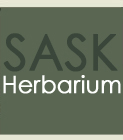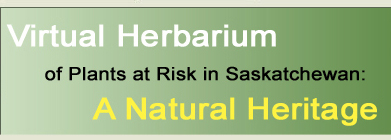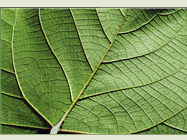
|

|

|

|

|

|

|
|
|
|
|
|
| Leymus mollis ssp. mollis (Trin.) Pilger | Species Image Gallery (opens in a new window) |
||||||||||||||
| TAXONOMY | |||||||||||||||
| Family: | Poaceae | ||||||||||||||
| Genus: | Leymus | ||||||||||||||
| Species Synonyms: | Elymus arenarius ssp. mollis
(Trin.) Hultén Elymus arenarius var. scabrinervis (Bowden) Boivin Elymus arenarius var. villosus E. Mey. Elymus capitatus Scribn. Elymus mollis Trin. Elymus arenarius ssp. mollis (Trin.) Tzvelev |
||||||||||||||
| Common Names: | American lymegrass sea lymegrass |
||||||||||||||
| DISTRIBUTION | |||||||||||||||
| Canada: | Pacific Coast of British Columbia, Arctic coast, Hudson Bay coast, Atlantic and Gulf of St. Lawrence coasts, south to Newfoundland – Nova Scotia, inland at Great Bear Lake, Great Slave Lake, Dubawni Lake, Lake Athabasca, Lake Superior north shore | ||||||||||||||
| Saskatchewan: | northern Saskatchewan; Lake Athabasca – Black Lake | ||||||||||||||
| Ecoregion: | Athabasca Plain, Tazin Lake Upland | ||||||||||||||
| HABITAT | |||||||||||||||
| Saskatchewan: | sandy lake beaches and dunes | ||||||||||||||
| Canada: | beaches and sands | ||||||||||||||
| RARITY STATUS | |||||||||||||||
| Provincial
Status According to Harms (2003): |
Vulnerable |
||||||||||||||
| Nature Conservancy Status: | G5 S1 |
||||||||||||||
| Saskatchewan
Species at Risk Status: |
None |
||||||||||||||
| COSEWIC Status: | None |
||||||||||||||
| American lymegrass is vulnerable because it is rare or uncommon. It is regionally restricted to northwestern Saskatchewan. This species is usually locally numerous within limited areas. No immediate threats are known but may occur in the future. | |||||||||||||||
| SPECIES DESCRIPTION | |||||||||||||||
| Height: | 70 – 170 cm | ||||||||||||||
| Roots: | rhizomes 4 – 6 mm thick | ||||||||||||||
| Stems: | erect, densely hairy below the inflorescence | ||||||||||||||
| Leaves: | exceeded by the spikes, basal and on the stem; basal leaves 20 – 90 cm long, 0.5 – 1.5 cm wide; stem leaves 10 – 90 cm long, 0.3 – 1.5 cm wide, rough hairy, 20 – 40-veined; sheaths open; ligules 0.2 – 2.5 mm long, membranous; ear-like lobes at base of the leaf less than 1 mm long | ||||||||||||||
| Inflorescence: | 12 – 35 cm long, with 12 – 35 nodes, spikelets usually 2 per node | ||||||||||||||
| Florets: | glumes 13 – 35 mm long, 3 – 4 mm wide, lance-shaped, flexible, flat or rounded, usually long hairy; lemmas 11 – 20 mm long, densely hairy, awnless; palea about the same length as lemmas | ||||||||||||||
| Fruits: | grain | ||||||||||||||
| |||||||||||||||